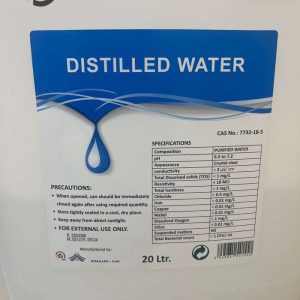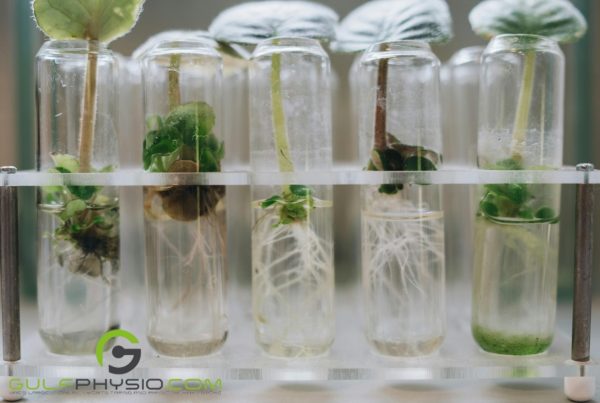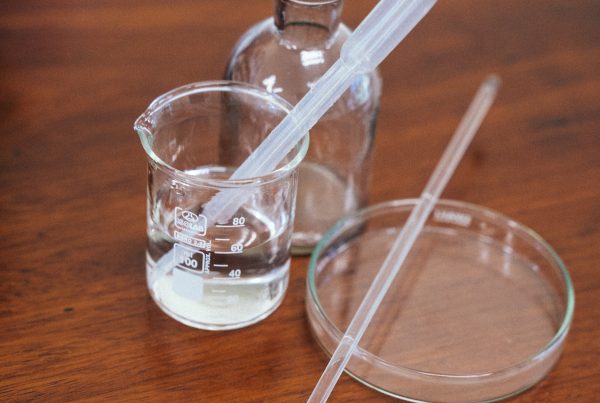Distilled Water:
- Process:
- Produced by boiling water to generate vapor, which is then condensed back into water in a separate container. This leaves behind most contaminants and minerals with a higher boiling point than water.
- Removal:
- Removes a wide range of contaminants including sodium, calcium, magnesium, iron, fluoride, nitrate, organic contaminants, radionuclides, chlorine, chloramines, heavy metals like lead, and microorganisms when done correctly.
- Purity:
- Considered more pure compared to deionized water as it is demineralized.
- Taste:
- Often described as bland due to the removal of minerals that contribute to water’s taste.
- Usage:
- Utilized in household appliances, laboratories, automotive cooling systems, and steam irons to prevent mineral buildup.
Deionized Water:
- Process:
- Deionization involves exchanging ions in water with hydrogen and hydroxide ions using ion-exchange resins, removing mineral ions and salts.
- Removal:
- Removes ions but does not effectively remove non-ionic contaminants, bacteria, or viruses.
- Purity:
- Less pure compared to distilled water due to the potential presence of non-ionic contaminants.
- Production Speed:
- Faster and cheaper to produce compared to distillation.
- Usage:
- Used in industrial applications, reverse osmosis systems, and laboratories where a certain level of water purity is essential but not as high as that required for distilled water.
Other Types of Purified Water:
- Purified Water:
- General term for water purified through various processes such as distillation, deionization, or reverse osmosis. It has had chemicals and contaminants removed but may still contain minerals.
- Reverse Osmosis Water:
- Purified by being forced through a semipermeable membrane to remove impurities and minerals.
Conclusion:
The primary distinction between distilled and deionized water lies in their production processes, the extent of purification, and their applications. While distilled water is more pure and is suitable for applications requiring high purity, deionized water is faster and cheaper to produce, making it a viable option for industries and applications where absolute purity is not critical. The choice between these and other types of purified water depends on the specific needs of the task at hand.
For More Information:
For an in-depth understanding of distilled water, its benefits, and its comparison with other types of water, refer to our comprehensive guide to distilled water.



